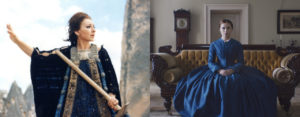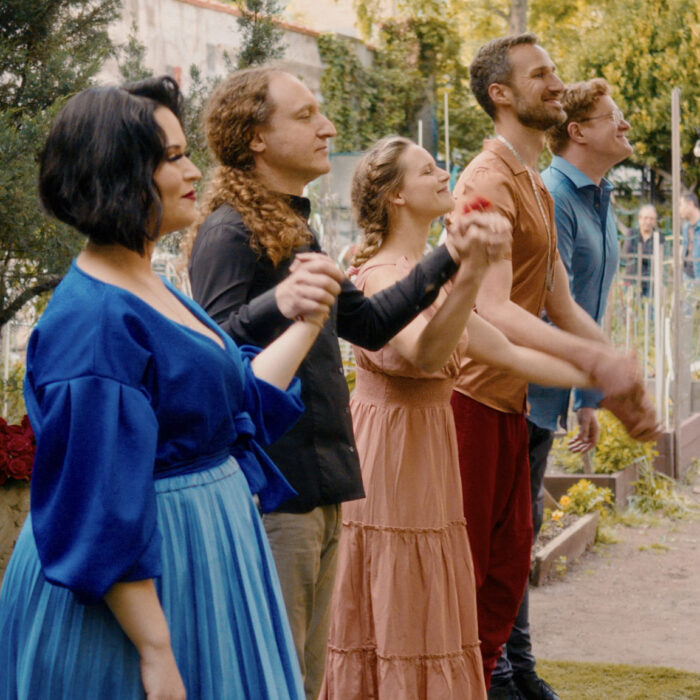
Watch This Before the Metropolitan Opera’s ‘Medea’ & ‘Lady Macbeth of Mtsensk’
By Francisco SalazarEntering into opera out of the blue can be a daunting task. It’s not always easy to know what’s the first thing to watch. And moreover, what might be easiest to take in first might not be readily available.
Take the Met Opera’s new 2022-23 season which opens this week (tomorrow as of this writing) and features three operas that you wouldn’t traditionally call part of the standard repertoire. Cherubini’s “Medea” saw a resurgence throughout the late 20th century thanks to Maria Callas (more later), but it is getting its Met premiere Tuesday night. “Idomeneo” is not Mozart’s most recognized or played work and “Lady Macbeth of Mstensk” is, as is the case with a lot of 20th century and beyond words, presented infrequently.
So what is one to do? Aside from delving into the histories of the works and their original source materials, perhaps cinema offers up a nice alternative. And it so happens that two of the operas on hand have seen their original source material adapted for the silver screen and star two iconic stars (one from the past and one from today).
Medea
Before you hear the debut of Sondra Radvanvosky in the title role of Medea, film lovers can explore the world of Pasolini in his 1969 adaptation starring Maria Callas in her only appearance on the silver screen. The film was shot in Göreme Open Air Museum’s early Christian churches, Pisa, and the Citadel of Aleppo and was widely lauded with critics calling it “a love song to Maria Callas.” The film depicts Medea’s murder of her husband, children, and her husband’s lover. Unlike the opera, this adaptation does not use the dialogue written by Euripides but the plot does closely follow the structure of his play.
Medea was a role that Maria Callas conquered on stage in the opera as well and she is credited with having revived Cherubini’s opera in 1954 and performing it around the world at the Teatro alla Scala, Royal Opera House, and Dallas Opera, among others. It was the opera with which she gave her final Italian performances.
Lady Macbeth
Shostakovich adapted “Lady Macbeth of the Mtsensk District” by Nikolai Leskov in 1934 and it is his most renowned opera. The novella has also been popular in modern history and has been adapted several times. Most recently in a 2016 film adaptation entitled “Lady Macbeth.” The film practically launched Florence Pugh (of “Midsommar,” “Black Widow,” and most recently “Don’t Worry Darling” fame). Her breakout performance garnered numerous award nominations and was raved about by critics. The film also garnered two BAFTA nominations.
Directed by William Oldroyd and written by Alice Birch, the work is faithful to the original source material but the understandably more modern ending deviates significantly from the source text.
Categories
Opera Meets Film

